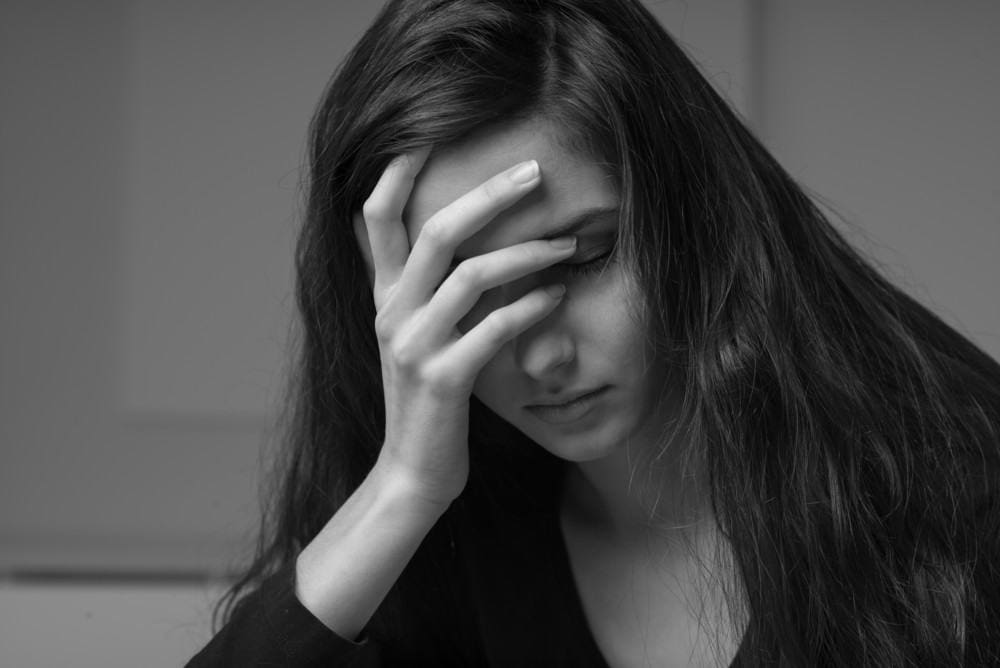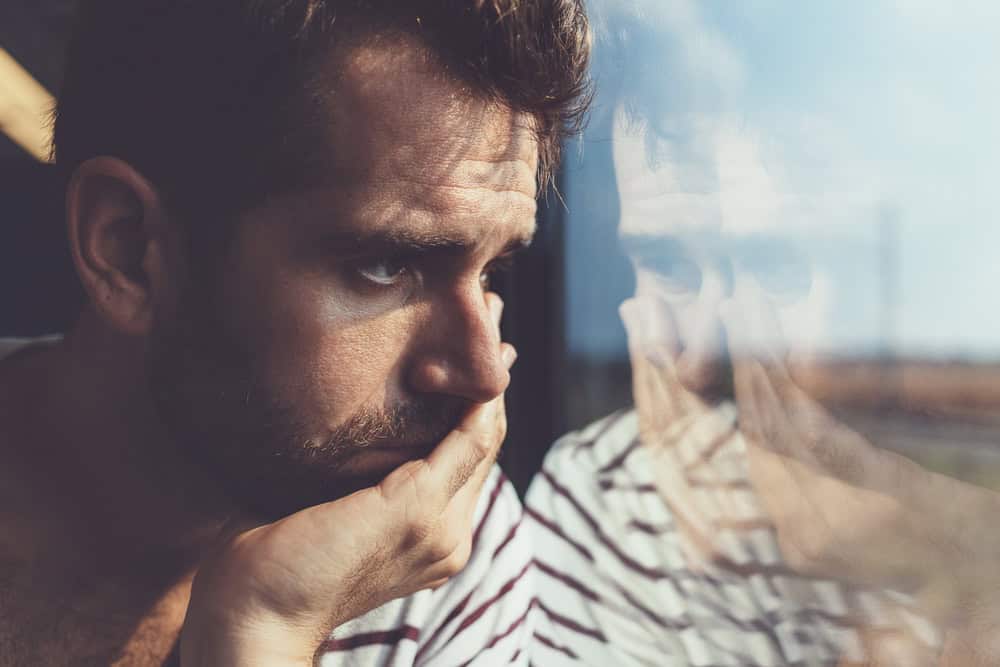Not all parents are perfect, but some acted in a way that left many scars on their children. These scars become prominent as soon as these children grow up.
If you have some of these problems, chances are, your parents also need healing. Here are the most common characteristics of people who grew up with unhealed parents.
1. They Struggle With Self-Worth
Having parents who criticized more than they praised you might leave deep wounds. These people now may not believe in themselves and always wonder if they are good enough.
Such people don’t like compliments, and success doesn’t seem to help the insecurity that was planted in childhood go away.
Without positive reinforcement, their inner voice often repeats the unpleasant things they heard at home.
2. They Have Difficulty Trusting Others
Kids who grow up in households that are unstable or dysfunctional often learn that trust leads to disappointment.
As adults, they could be afraid to trust people because they are afraid of being betrayed or left behind. Even with nice people, relationships can feel dangerous.
This lack of trust isn’t because of paranoia; it’s because of true patterns in childhood where promises were broken or love was always conditional.
3. They Avoid Conflict at All Costs
People who had fights at home that were quite loud may grow up to be adults who are afraid of conflict.
Even small arguments can make someone worry or want to leave. They typically keep quiet to keep the peace, even when it hurts them.
They learned as kids that fighting was dangerous, so they gave up their voice to avoid making things worse.
4. They Struggle With Boundaries
Parents that are not good at parenting typically don’t respect their child’s privacy, personal space, or uniqueness.
As adults, these kids could have trouble setting limits. They might allow other people to take advantage of them, or they might create barriers that are excessively high to keep themselves safe.
People who didn’t have healthy limits at home may not know what they are.
5. They Seek Validation Constantly
Many people grow up thinking they have to earn love all the time since they only got it when specific conditions were met.
As adults, they could try to get affirmation by doing too much, trying to please others, or being perfect.
How they see themselves is really important to them. This persistent need for acceptance shows a deep wound created by parents who never delivered unconditional love.
6. They Struggle With Intimacy
People who grew up in cold or neglectful homes may find closeness uncomfortable or unsafe.
These people may be afraid of being turned down when they get close to someone, or they may not know how to show love at all. Some people, on the other hand, might hold on too tightly because they want the connection they missed.
How these people give and get love is typically toxic because of how they grew up.
7. They Have Trouble Regulating Emotions
Bad parents usually don’t educate their kids on how to express their feelings in a healthy way. Some kids were ordered to “stop crying” or were punished for showing how they felt.
As adults, they could have trouble dealing with their feelings, either keeping them inside or letting them out in harmful ways.
They never learned how to balance things without help. This makes stress, anger, or despair feel too much to handle.
8. They Overthink Every Decision
When kids were punished harshly for making mistakes, they learned to be afraid of failing. This often leads to chronic overthinking in adults.
Every decision seems risky, and every result could turn out badly. They don’t move with confidence; instead, they second-guess themselves all the time.
This uncertainty comes from the dread of letting other people down, especially people in charge.
9. They Feel Responsible for Everyone’s Happiness
Children with dysfunctional parents typically had to take on adult responsibilities too soon, such as taking care of their siblings or even their parents.
This makes these individuals feel very responsible for how other people feel. As adults, they might always put other people first and try to solve their problems themselves.
It’s not just being kind; it’s conditioning that their value comes from helping others.
10. They Struggle With Self-Care
When parents don’t take care of their kids’ needs, those kids grow up not knowing how to put themselves first. Self-care seems selfish or strange when you’re an adult.
They might work themselves to the bone, ignoring their health, rest, or mental well-being.
They need time to stop believing that their needs don’t matter. They will really heal when they finally give themselves the care they have always needed.
Born and raised in Bosnia and Herzegovina. Ever since I was a little girl, my imagination knew no bounds. I remember vividly how I’d scribble down short stories, each page bursting with adventures and characters conjured up from the whimsy of my mind. These stories weren’t just for me; they were my way of connecting with my friends, offering them a slice of my fantasy world during our playtimes. The joy and excitement on their faces as we dived into my fictional realms motivated me to keep writing. This early passion for storytelling naturally evolved into my pursuit of writing, turning a childhood hobby into a fulfilling career.











